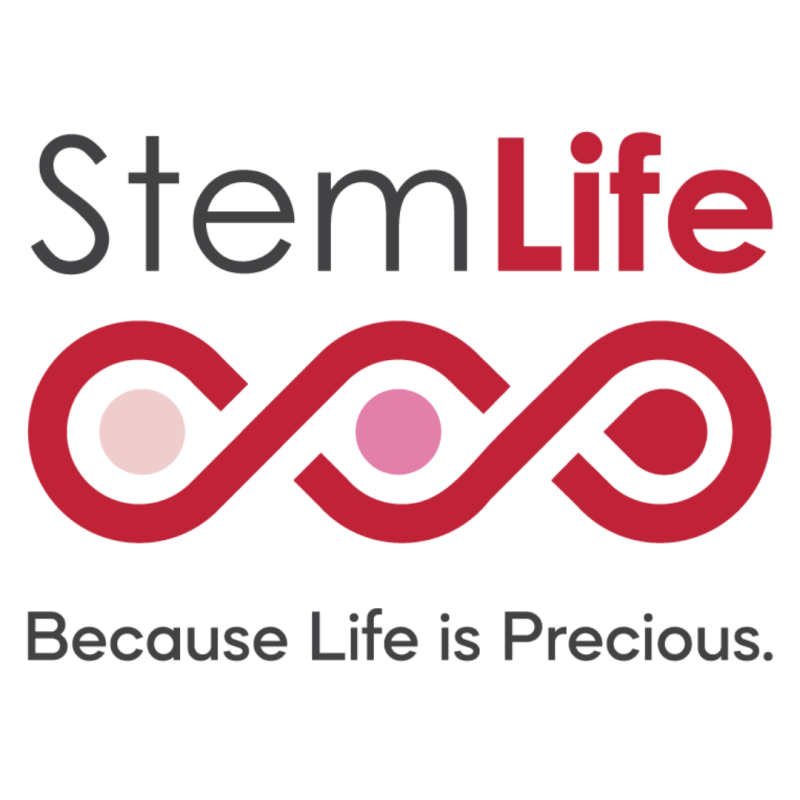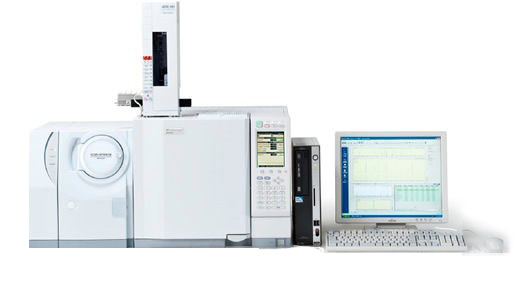Unlike blood specimen collection, Metascreen® is a non-invasive procedure
Unlike other newborn tests in the market, Metascreen® is a simple and non-invasive urine test to screen more than 100 metabolic disorders without causing any harm or discomfort to your baby. Screening your newborn will facilitate early treatment and prevent long term detrimental effects to your baby’s health.
Reliably Detects More Than 100 Metabolic Disorders
FDA-approved GC-MS technology combined with proprietary bioinformatics to reliably detect more than 100 metabolic disorders.
Simple And Painless Urine Test
Your baby’s urine can be easily collected by inserting filter paper into the diaper without causing any harm or discomfort to your baby.
Suitable To Babies Up To 6 Months
Screen your baby from 48 hours after birth, up until 6 months of age. Ideally, your baby should be screened between 2 to 7 days.
after birth
Timely Screening Report
The results will be available within 10-14 working days to enable early treatment, if necessary.

 中文 (中国)
中文 (中国) Bahasa Melayu
Bahasa Melayu
